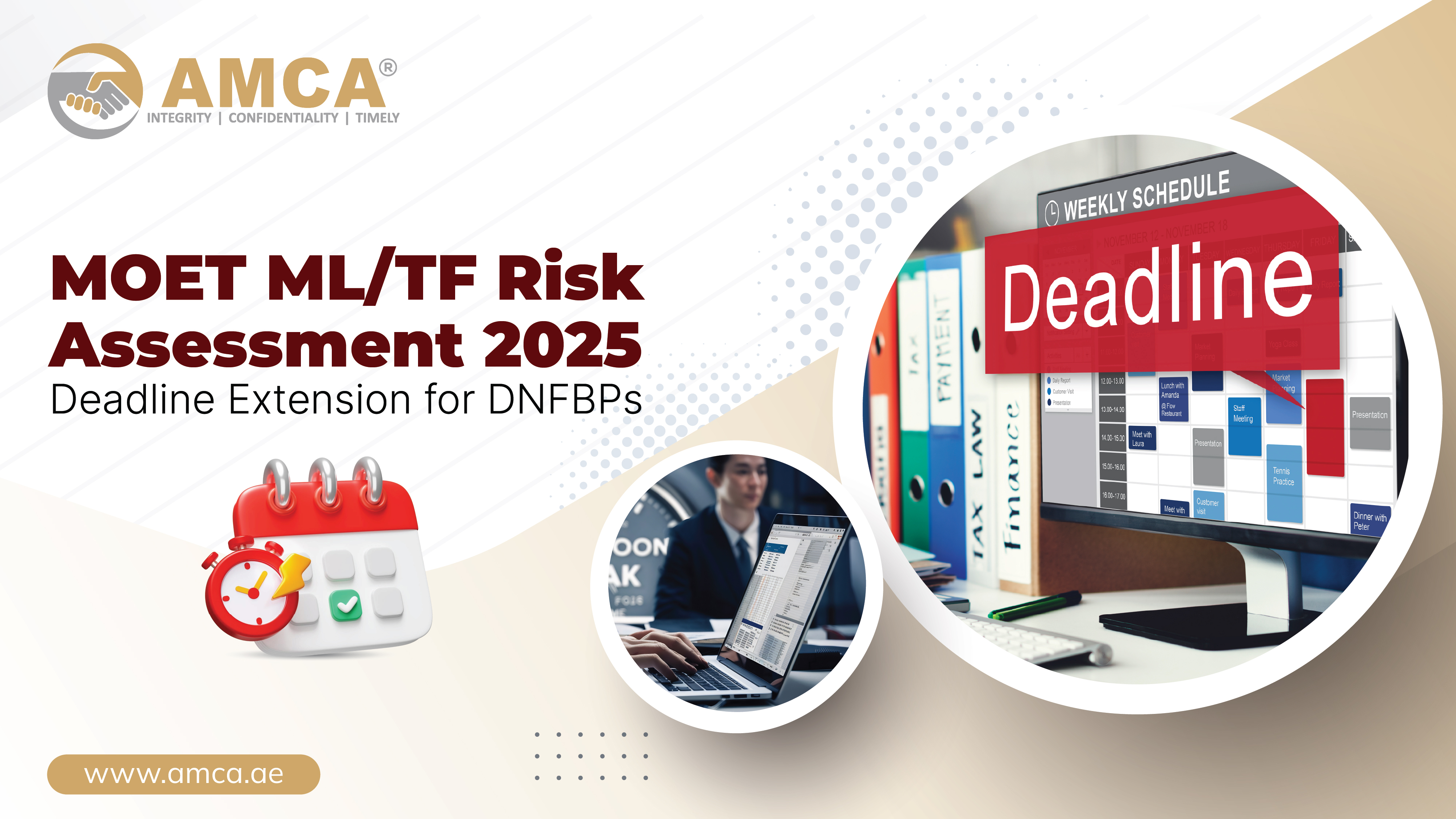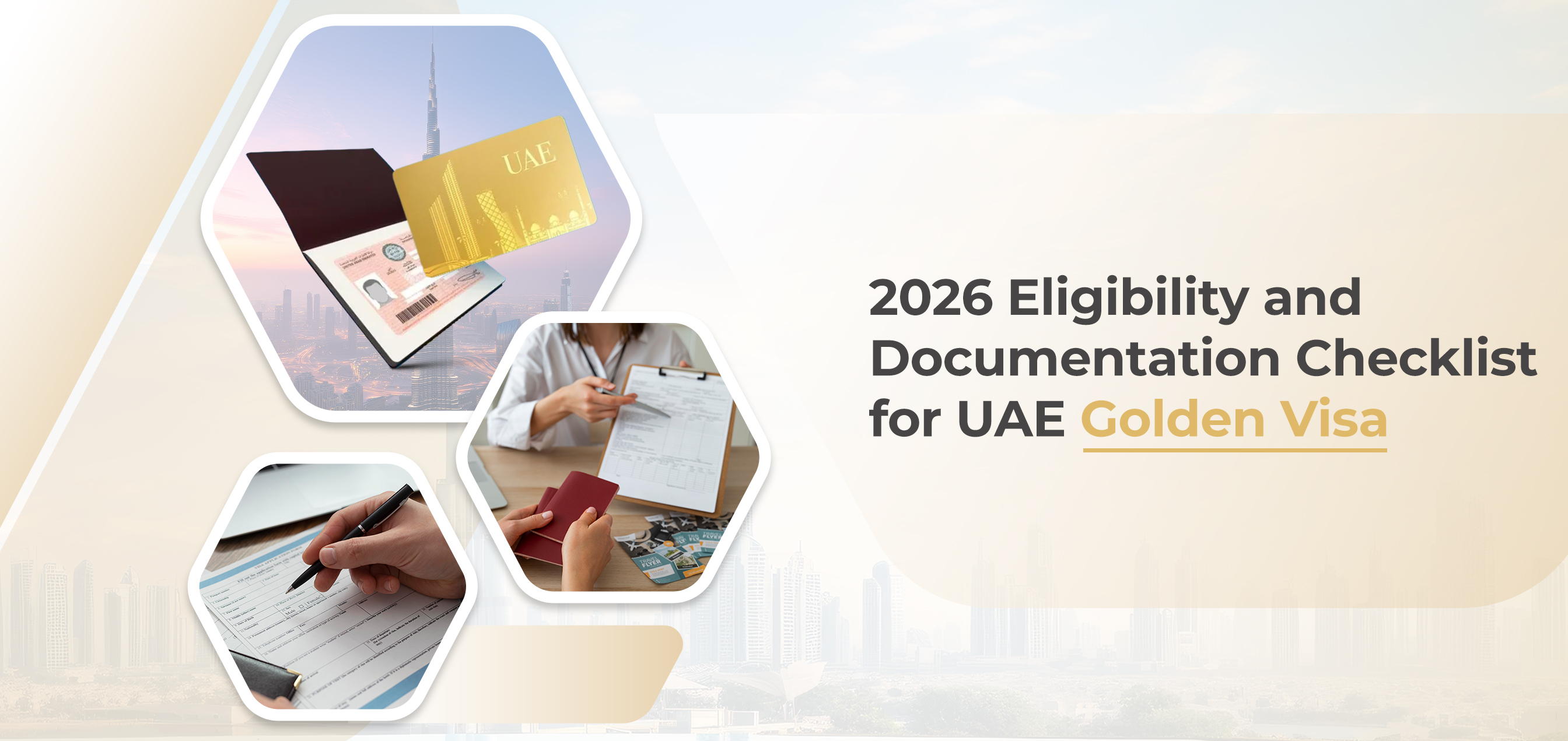What is AML?
Anti-Money Laundering (AML) is a set of laws, regulations, and procedures to prevent, detect, and report money laundering activities. These activities include converting illegally obtained funds into legitimate assets and concealing the proceeds of illegal activities.
To comply with AML regulations, financial institutions and other regulated entities must implement specific measures, such as Customer Due Diligence, Transaction Monitoring, and Reporting Suspicious Activities and Transactions.
The UAE's approach to money laundering
Federal Decree No. 20 of 2018, implemented by Cabinet Decision 10 of 2019, of the United Arab Emirates (UAE) aims to combat money laundering and the financing of terrorism. This law, also known as the Anti-Money Laundering and Countering the Financing of Terrorism Law, was issued by UAE President Sheikh Khalifa bin Zayed Al Nahyan on January 1, 2018.
The law applies to all financial institutions and Designated Non-Financial Businesses and Professions (DNFBPs) operating in the UAE, including Banks, Money Exchangers, dealers of precious metals and stones, company service providers and Real Estate Agents It also applies to all persons and entities that provide related services, such as Accountants, Auditors, and Lawyers.
The law sets out several measures that must be taken by the Financial Institutions (FI) and DNFBPs to prevent and detect Money Laundering and the Financing of Terrorism. These measures include:
- Customer Due Diligence: Financial institutions and DNFBPs must conduct customer due diligence to identify and verify their customers' identity and assess the potential money laundering or terrorist financing risks associated with the customer.
- Record-keeping: Financial institutions and DNFBPs must maintain accurate and complete records of their transactions and customers for a minimum of five years.
- Suspicious activity/transaction reporting: Financial institutions and DNFBPs must report any suspicious activity/Transaction they detect to the UAE's Financial Intelligence Unit (FIU).
- Internal controls: Financial institutions and DNFBPs must implement internal controls to ensure compliance with the law and to detect and prevent money laundering and terrorist financing.
- Employee training: Financial institutions and DNFBPs must train their employees on the law and their obligations under it.
- Risk Assessment: Financial institutions and DNFBPs must assess and manage the money laundering and terrorist financing risks they are exposed to.
The law also establishes several penalties for non-compliance, including fines, imprisonment, and the revocation of licenses. It also provides for the sharing of information between financial institutions and DNFBPs, as well as between the UAE and other countries, to help detect and prevent money laundering and the financing of terrorism.
It is a significant step forward for the UAE in its efforts to combat money laundering and the financing of terrorism, first initiated in 2002. By requiring financial institutions and DNFBPs to take several measures to prevent and detect these activities, the law will help to create a more secure Compliance system in the Country. This is part of the UAE's ongoing efforts to improve its reputation as a hub for international business and finance.
Overall, the Federal Decree No. 20 of 2018 of UAE Anti-Money Laundering and Countering the Financing of Terrorism Law is a comprehensive legislation that aims to strengthen the UAE's regulatory framework and ensure the country's financial system is not used to launder money or to finance terrorism.
It requires all regulated Financial Institutions and Designated Non-Financial Business and Professions (DNFBPs) to implement strict Anti-Money laundering and financial crimes combating policies and measures.
The goAML System Registration
A campaign to promote the registration of Designated Non-Financial Business and Professions (DNFBPs) in the UAE with the Financial Intelligent Unit (goAML) was launched by the Ministry of Economy (MoE). In addition, it also encourages targeted groups to submit a written submission to the Committee on Goods Subject to Import and Export Control (Automatic Reporting System for Sanctions Lists) and to take action regarding both the provisions of Federal Law No 20 of 2018 on combating money laundering crimes, the funding of terrorist organizations, and the legislation and rules and regulations related to them.
Others




